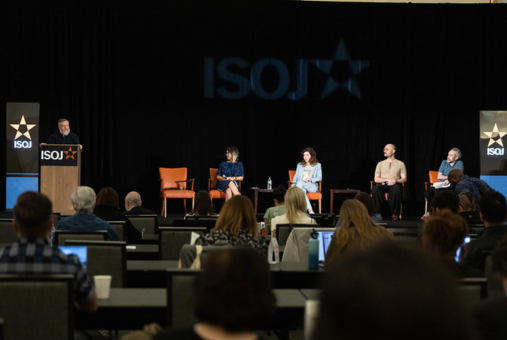
The 25th International Symposium on Online Journalism (ISOJ) brought examples of the uses of artificial intelligence at UOL, The Marshall Project and The New York Times, while research by the Associated Press reveals the impact of generative AI on journalism around the world.

An ISOJ panel discussed how journalists can leverage influencer strategies to build trust and audience connections, while maintaining journalistic ethics. Panelists mentioned transparency, relatable communication and the use of emotions as some elements journalists can learn from content creators.
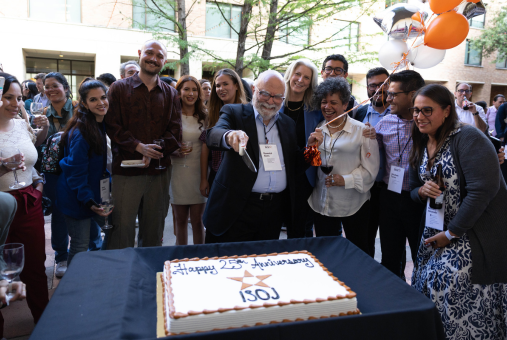
Nearly 1,000 people from 74 countries – from Afghanistan to Venezuela – attended the 25th International Symposium on Online Journalism (ISOJ), hosted and organized by the Knight Center for Journalism in the Americas at the University of Texas at Austin’s Moody College of Communication.
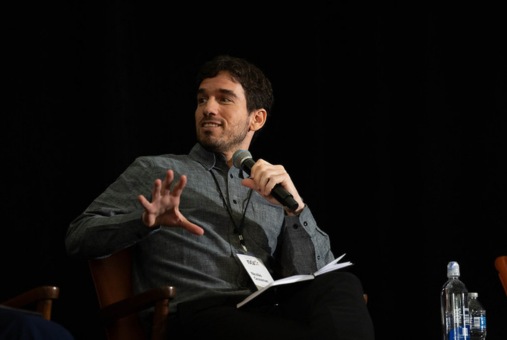
“The human component is always in the middle,” said Sebastián Auyanet Torres, Audience Strategist at NowThis, when referring to artificial intelligence (AI) initiatives during the final panel at the 25th International Symposium on Online Journalism (ISOJ) on April 13. The panel featured several technology specialists including Andrea L. Guzman, associate professor, Northern Illinois University; Nicolás Grossman, deputy project […]

Journalists indulged in a lively, and occasionally profane, discussion of media coverage of U.S. election cycles and the upcoming presidential election during an April 13 panel at the 25th ISOJ centered around the question, “The media and election season: Are we gonna get it right this time?” The panel, which featured four top-notch journalists, was […]
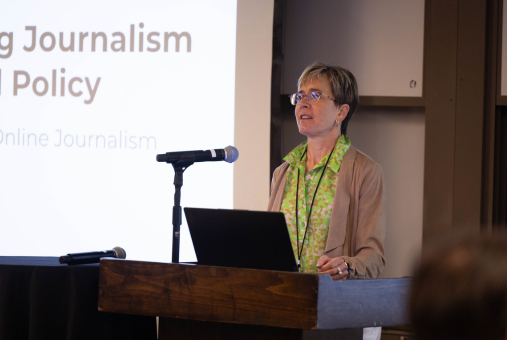
Across the world, governments are pursuing public policy to help fund journalism. In the pursuit of effective policy, some states and countries have created definitions of journalism to help determine which individuals and organizations qualify. But in the digital age, creating an adequate definition is easier said than done. “How is news defined today? How […]
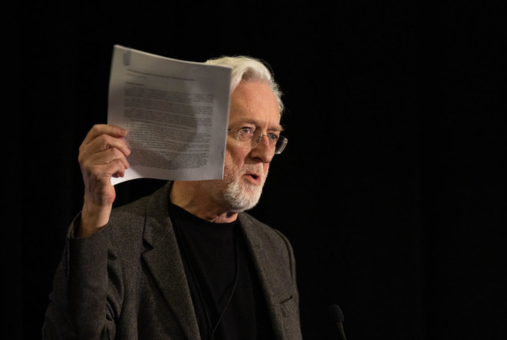
Five journalism leaders gathered at the 25th International Symposium of Online Journal (ISOJ) in Austin on April 12 to discuss how government policies regarding copyright, social media regulation, and subsidies could affect the future journalism landscape. Though all the panelists emphasized the power of public policy to revitalize and protect a robust ecosystem of journalism […]
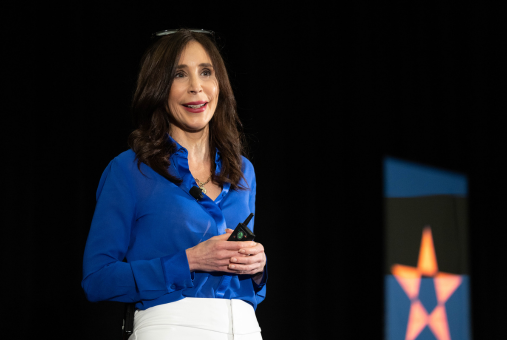
Meredith Kopit Levien, president and CEO of The New York Times Company, has worked for years on the sustainability of quality journalism. In her ISOJ keynote session, she summarizes the most important aspects that the outlet has prioritized in the pursuit of a sustainable business model.

Journalism scholars discussed building a sustainable future for news and re-imagining connections with audiences during a research breakfast at the 25th International Symposium on Online Journalism (ISOJ) on April 13. Summarizing their research to an early Saturday morning crowd, presenters included Amy Ross Arguedas and Richard Fletcher of the Reuters Institute at the University of Oxford, Sue Robinson of […]
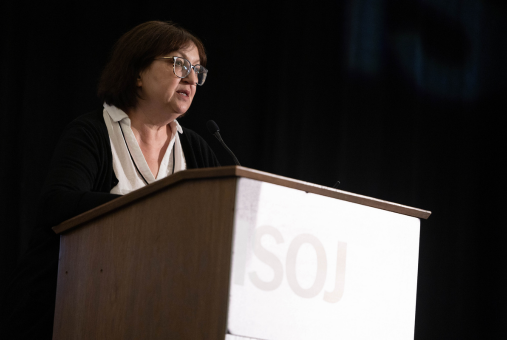
Galina Timchenko shared at ISOJ how, for the past 10 years, Meduza has managed to evade Kremlin censorship and persecution by employing a wide range of techniques, from journalists working anonymously to sophisticated tools enabling the dissemination of information within Russia.

As communities grow and newsrooms shrink across the country, publications must find increasingly creative ways to inform the public. At ISOJ, leaders in journalism product development led a workshop with journalists from across the country to discuss meeting the public’s needs while innovating how news is spread.

The opening panel of the 25th ISOJ showcased how the Press Forward initiative is building a coalition of donors in the United States to support local journalism nationwide, with the goal of distributing $500 million in resources over the next five years.